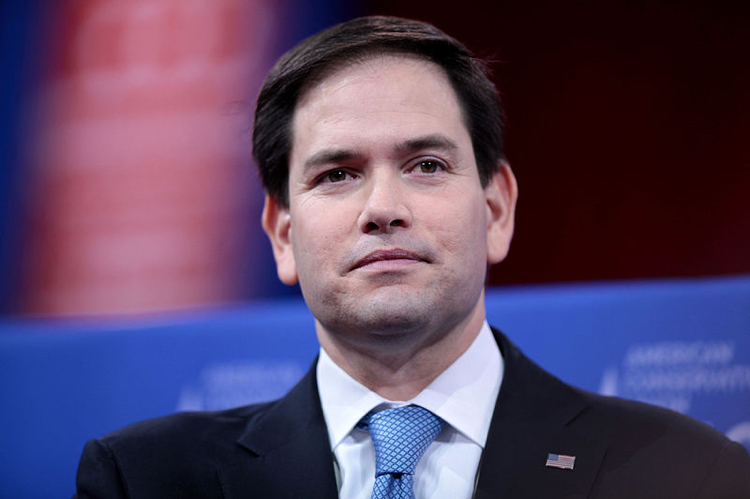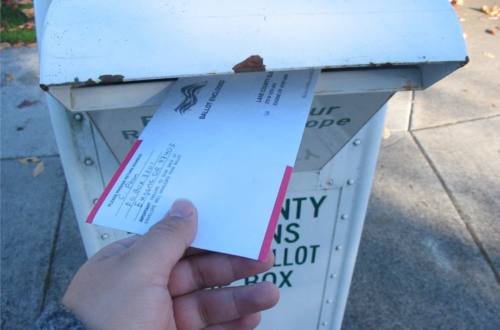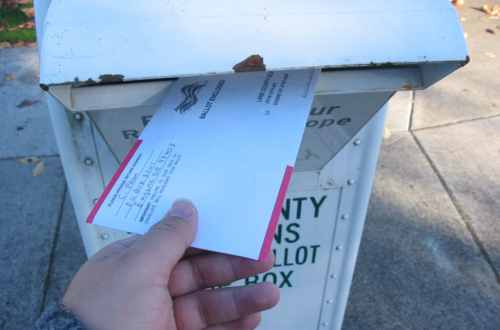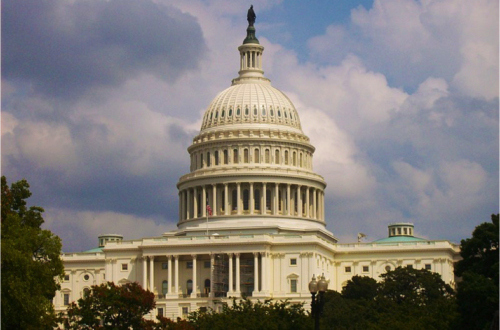On Nov. 1, the United States is expected to turn all of their clocks back one hour to indicate the end of daylight saving time. However, Sen. Marco Rubio, R.-FL, and Sen. Rick Scott, R-FL, have recently introduced a bill proposing that the U.S. remain on daylight saving time (DST) until November of next year.
“Our government has asked a lot of the American people over the past seven months and keeping the nation on daylight saving time is just one small step we can take to help ease the burden,” said Rubio.
Scott and Rubio have both been in the fight for year-round DST for a long time, but this year they are citing the COVID-19 pandemic as their main reason for introducing this bill.
Rubio explained that it will help families remain on track as they adjust to a COVID-19 infected world, arguing that more hours in the day will give more stability to those working from home or doing online school.
Scott had another talking point for the bill, stating that “After months of staying inside amid the coronavirus pandemic, families across the nation could use a little more sunshine and time to enjoy all that Florida has to offer.”
Proponents of the bill argue that longer hours in the day would help small businesses have a slight increase in sales, citing that people are not as likely to participate in community activities at night as they are during the day. They argue that even the smallest rise in business can have the greatest impact.
However, the bill has also drawn criticism from Florida’s Parent Teacher Association. “We have safety concerns for our children who ride buses and walk to school if daylight saving time is extended all year,” wrote President Jennifer Martinez.
As mentioned previously, the two senators have long been proponents of year-round DST. In 2018, Rubio introduced the “Sunshine Protection Act” aimed at doing the same thing that the current bill proposes. A similar bill on the state level was signed by Rick Scott, Florida’s governor at the time.
The Sunshine Protection Act was not passed by Congress.
DST was enacted by President Nixon in response to the 1973 oil crisis. With many believing it would save energy, it received a 79% approval rating that quickly dropped to 42% once winter hit, as many took issue with the harsh winter mornings that year-round DST tends to create.
Many expect Rubio to “Rule 14” the bill, meaning that he will make sure it bypasses the Senate Committee on Commerce and goes straight to the senate floor for voting. President Trump is likely to support this bill, tweeting on March 11, 2019, “Making daylight saving time permanent is O.K. with me!”
Featured image: Marco Rubio in 2015. Unmodified photo by Gage Skidmore used under a Creative Commons license. (https://bit.ly/3i5MmY1)
Check out other recent articles from the Florida Political Review here.





